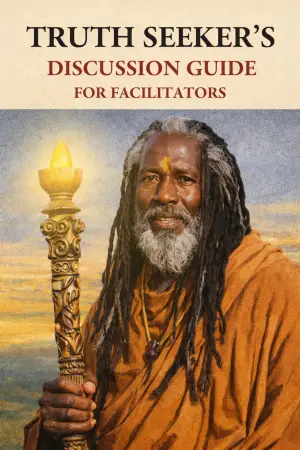Peeping Behind the Curtain: A Review of The Peepshow by Kate Summerscale
From the moment I stumbled upon The Peepshow by Kate Summerscale, I felt a magnetic pull towards its peculiar title and the eerily fascinating cover. As a lover of true crime narratives, particularly those steeped in historical intricacies and real human drama, I found myself itching to dive into the dark corridors of 10, Rillington Place. The infamous Reg Christie and the tragic Tim Evans are not just figures sketched in newspaper headlines; they represent the tangled web of justice, prejudice, and, ultimately, humanity.
Summerscale’s exploration of this notorious case is ambitious, venturing into the minds and circumstances surrounding these two men. The author delves deep into Christie’s heinous acts—not just the killing of his wife and several women, but also the haunting shadow cast over the wrongful conviction of Tim Evans. The intertwining of their lives in the same dilapidated flat creates a backdrop ripe for contemplation. It’s a tragic reflection on how society sometimes fails to discern truth from deception, particularly when the consequences are as grave as life and death.
However, as I navigated through the chapters, I found myself a bit adrift. Summerscale employs a scattergun approach to storytelling, jumping from one topic to another, attempting to grapple with themes of insanity, racism, and media sensationalism. Moments of clarity are scattered among extensive biographical detours into the lives of journalists like Harry Procter and writers like F. Tennyson Jesse. While their perspectives certainly add flavor, I often felt I was hearing just as much about their mundane lives as about Christie’s chilling saga.
The writing itself is a mixed bag; at times, you can sense Summerscale’s talent for weaving a narrative that captivates, only for it to slip away into uncertainty moments later. For example, her speculations on how Christie’s possible traumas from the war intertwined with his violent tendencies are intriguing but, admittedly, feel underpinned by scant evidence. As a reader familiar with this historical landscape, I craved a more focused analysis that would enrich rather than dilute my understanding.
One quote that really stuck with me encapsulates my frustration: "Is it about the media coverage? Is it about Evans’ guilt or innocence? Is it about racism?" By the end, I, too, was left wondering what the true heartbeat of the narrative was. The themes are compelling—each holds enough weight to warrant a full exploration on its own—but the mixing of them felt unharmonious.
For readers new to the Christie and Evans cases, The Peepshow offers a layered entry point into a grim chapter of British history. However, those already well-versed might find themselves disappointed, scratching their heads over Summerscale’s decisions as an author.
In conclusion, I’d recommend The Peepshow to those who crave a broad overview of the case and enjoy piecing together a historical puzzle, but perhaps with the understanding that it may not deliver the deep insights or cohesive narrative one might seek. For me, the experience was one of contemplation—an exploration of how narratives, however messy, shape our understanding of justice and humanity.
Rating: 2.5 stars – rounded up for the intriguing concept.






